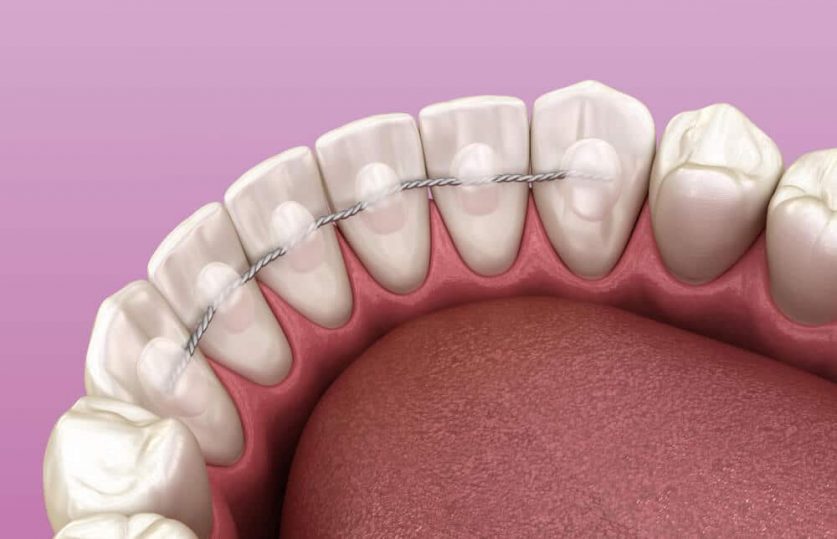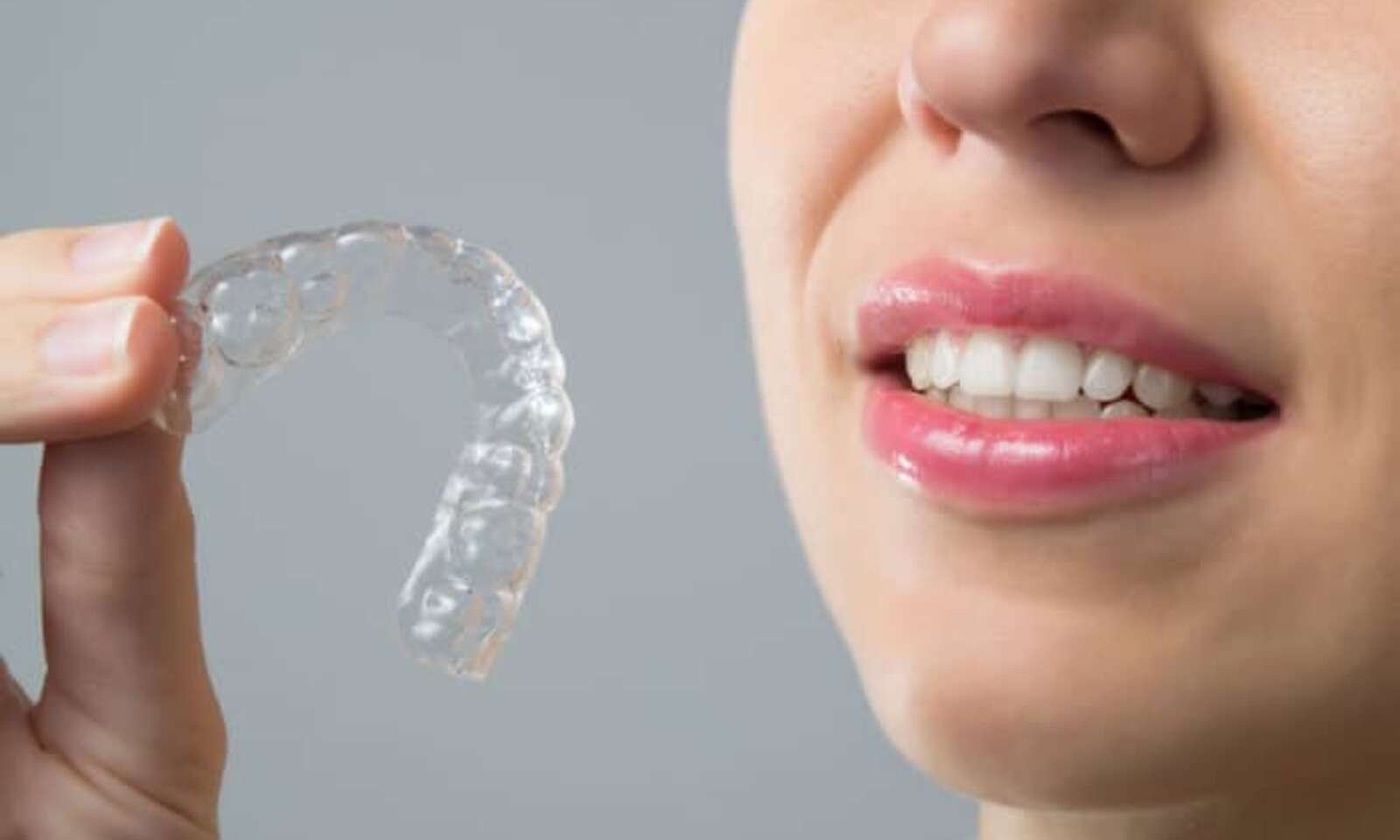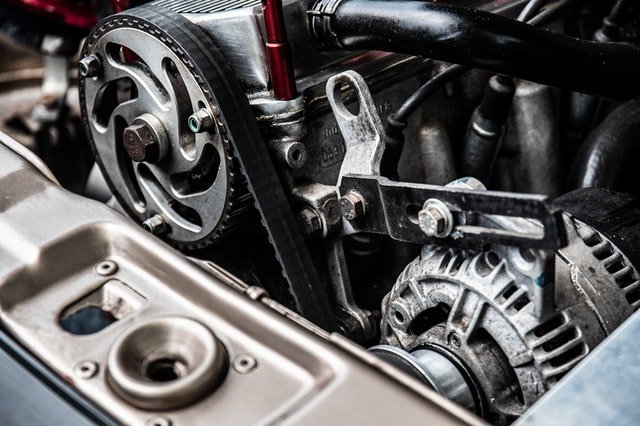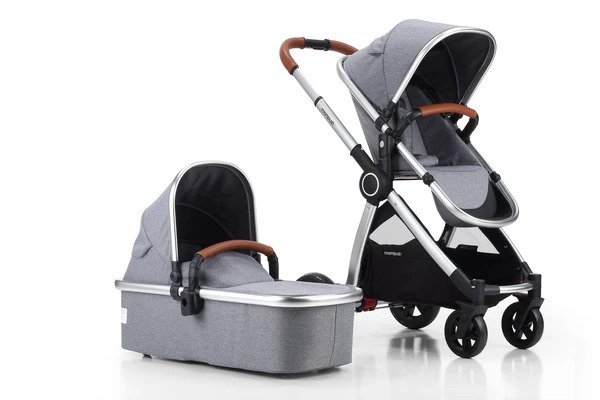Why Do Dental Specialists Use Permanent Retainers?
Permanent retainers, also known as fixed dental retainers, consist of a metal wire glued to your teeth. This wire is generally smooth and stable or has a braided texture. It is attached to your teeth and is adjusted to your bite to prevent them from shifting or becoming crooked. Orthodontists frequently recommend permanent retainer after braces to prevent your teeth from moving back to their original position.
If you have difficulty adhering to their removable retainer guidelines, your orthodontic specialist of Florida may recommend one. However, a certain amount of tooth surface area is required for the bonding material to secure the retainer. If you have difficulty adhering to their removable retainer guidelines, your orthodontist may recommend one. However, a certain amount of tooth surface area is required for the bonding material to secure the retainer.
For the best long-term results, orthodontist Hollywood often combines removable and permanent retainers. However, recent surveys of practicing orthodontists show that permanent retainers are becoming more popular.
They typically use removable retainers on the upper teeth, while permanent retainers are on the lower teeth. Still, what is best for your teeth will determine using a retainer.
Let’s look at how permanent retainers work, how they compare to other types, and how to clean and maintain the retainers to keep your best smile.
What pros and cons do permanent retainers have?
Pros of permanent retainers
- You dont have to put them on and off, making it easier to keep your teeth in place after removing braces.
- You dont have to worry about losing it as they securely attach them with dental glue.
- It has slight to no effect on your way of speaking, so you can wear it in public without feeling self-conscious.
- No one else would notice it because they bond it behind your teeth.
- It’s difficult to break or damage from regular everyday use of your mouth.
Disadvantages of the permanent retainer
Do not try to repair a bent or moved retainer yourself. Excessive pressure on the retainer can result in the bonding material or wire snapping and damaging your teeth. If the shape of the retainer changes, it will no longer keep your teeth in their proper positions. If your retainer bends or moves, do the following:
- Schedule an appointment with your North Miami Beach orthodontist. If the retainer isn’t troubling you or injuring other parts of your mouth, schedule an appointment with your experienced dentist or orthodontist as soon as possible to have it adjusted or repaired.
- Contact your dentist or the best orthodontist near me as soon as possible. If your retainer has broken off or has injured another part of your mouth, see your orthodontist sooner to avoid further damage to your teeth, mouth, or retainer.
- Check for emergency contact information. In an emergency, many dentists and orthodontists have an emergency line that you can call or text. If your dentist has one, ask for it so you can contact them immediately if your retainer breaks or injures you.
Conclusion
We hope the above-provided information will help you learn some beneficial and valuable details regarding wisdom teeth removal. For further informative details, please visit ivanovortho.com.










